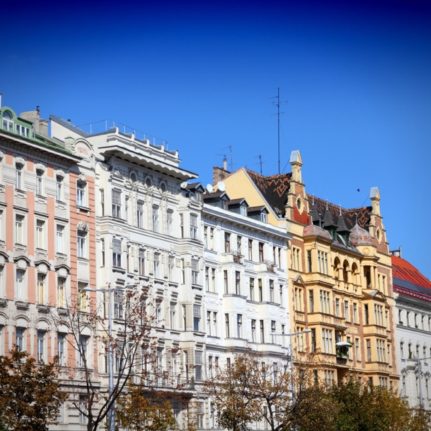Brainiacs Erwin Schrödinger, Christian Doppler and Sigmund Freud, and actors Arnold Schwarzenegger and Christoph Waltz are sons of the landlocked republic, too.
On May 4, 2014, it was Lemawork Ketema’s chance to storm into the history books as the first male Global Champion of the Wings for Life World Run.
Running for his life to escape persecution in Ethiopia, the political refugee wanted more than anything to prove himself, to be adopted into Austria’s family.
On May 3, 2015, he will face the man he raced against across continents to be crowned Global Champion.
The Peruvian, Remigio Quispe will leave his village in the Andes to join Ketema on St. Pölten’s starting line in beautiful Donautal, a fast, flat track, which should add to the thrill of the race against these two.
So in celebration of the small country and its big day coming up, here are some humorous guidelines of what to never say to an Austrian.
VIDEO GALLERY: TEN THINGS TO NEVER SAY TO AN AUSTRIAN



 Please whitelist us to continue reading.
Please whitelist us to continue reading.
Member comments